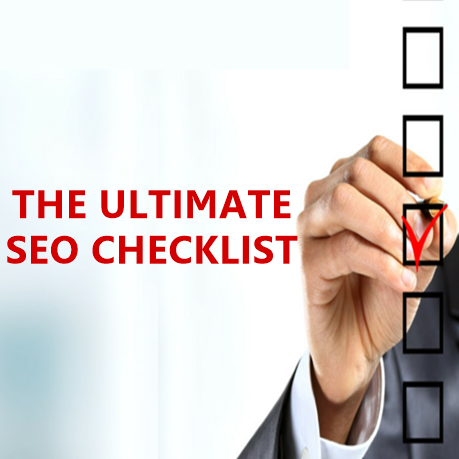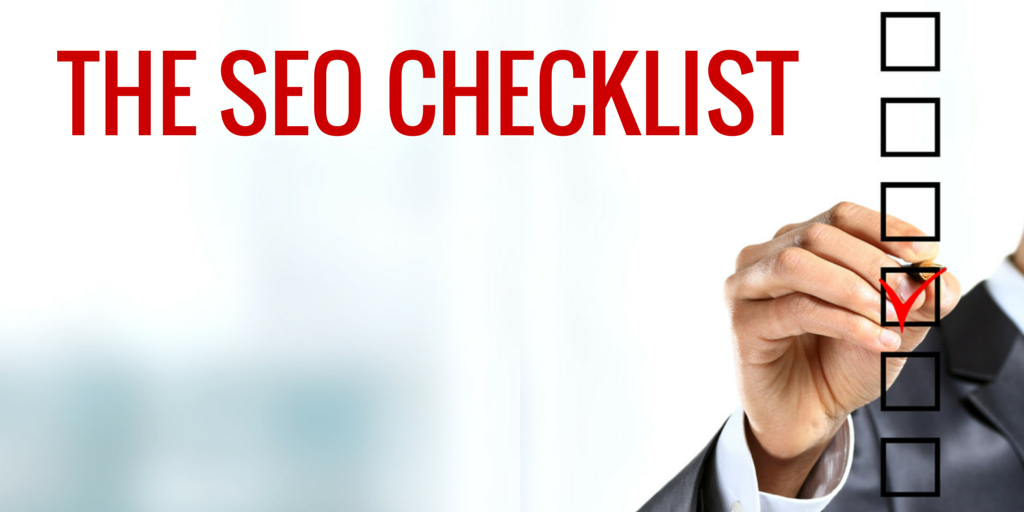Want to improve your organic traffic, conversion rates, return on investment and improve your position in search engine results? This SEO checklist can help!
Search Engine Optimization (SEO) is a set of marketing and technical practices that helps you get on top of search engine results when a query is being made.
Note: This article includes a few example from the hotel industry, for deeper understanding.
On-Page SEO – Optimizing and improving what is on your website pages.
#1 Specific and Most Relevant Keywords
Once you find your target market and understand the needs of your consumers, you may consider the keywords that your potential customers may use to describe your product or service and ensure that the same keywords are present on your pages. It is important to avoid using keywords that may be used for another purpose to avoid confusing your potential customers or search engines. For example, if you are selling luxury products like diamonds, you should avoid using keywords like “very affordable”, “cheap”, etc. It makes no sense to attract non-targeted guests.
#2 Good-Looking and Quality Content
These “experts” may say that to have a good SEO, you need to load your website with text but this is not truly the case for the every industry. While to some extent this may help you rank among the top, it will not really guarantee conversion rates. Let’s consider the hotel industry as an example. As a guest, do you book a hotel based on the persuasive text only? Well, guests don’t either! Hotels are visual, guests want to see where they will be relaxing, how the spa and pool look like and so on.
Quality images are crucial for some businesses but you also have to give your audience (and search engines!) something nice to read.
#3 Title Tags, Meta Description and URL
The title tag is what shows in the search results as your page title. It should include your focus keyword near the beginning and should contain 65 characters or less.
A good Meta description may lead to higher click-through rate, thus higher rankings. It should not have more than 150 characters and should contain one or more primary keyword for a strong call to action.
Including specific keywords in URL helps a lot. For example, http://www.hotelname.com/cheap-hotel-rooms , where “cheap hotel rooms” are your main keywords. But do not put biased keywords in your URL if it is not related to your page.
For example:
SEE ALSO: HOW TO USE SEO TO WIN MORE HOTEL REVENUE
#4 Image and Video Text Descriptions
Search engines cannot read your graphics but they can surely read the textual descriptions through its name and tag. If you are uploading visual content, you should verify that all the pictures are properly tagged and that each has an alternative text description. It is more effective to include keywords as description (where relevant).
Off-Page SEO – Measuring and improving things are that are happening beyond your site, such as the number and quality of links coming into your site from other sites.
#5 Social Connections and Interactions
Successful social activities can have some powerful impact on your overall SEO efforts. Some usual social platforms are Facebook, Instagram, Google+ and Twitter but businesses can also consider some specific platform related to their industry, where they can check for reviews, interact with consumers and put relevant link to their websites.
For example, for the hotel industry, it is a must to have a strong presence on top hotel networking sites like TripAdvisor, Agoda, Booking.com and Expedia.
**
With an average of 50,000 queries on Google every second, SEO is now a fundamental aspect of your overall digital marketing program as a way to attract potential traffic and ensure the best ROI for your efforts.
Make sure you check the checklist before updating anything online!




